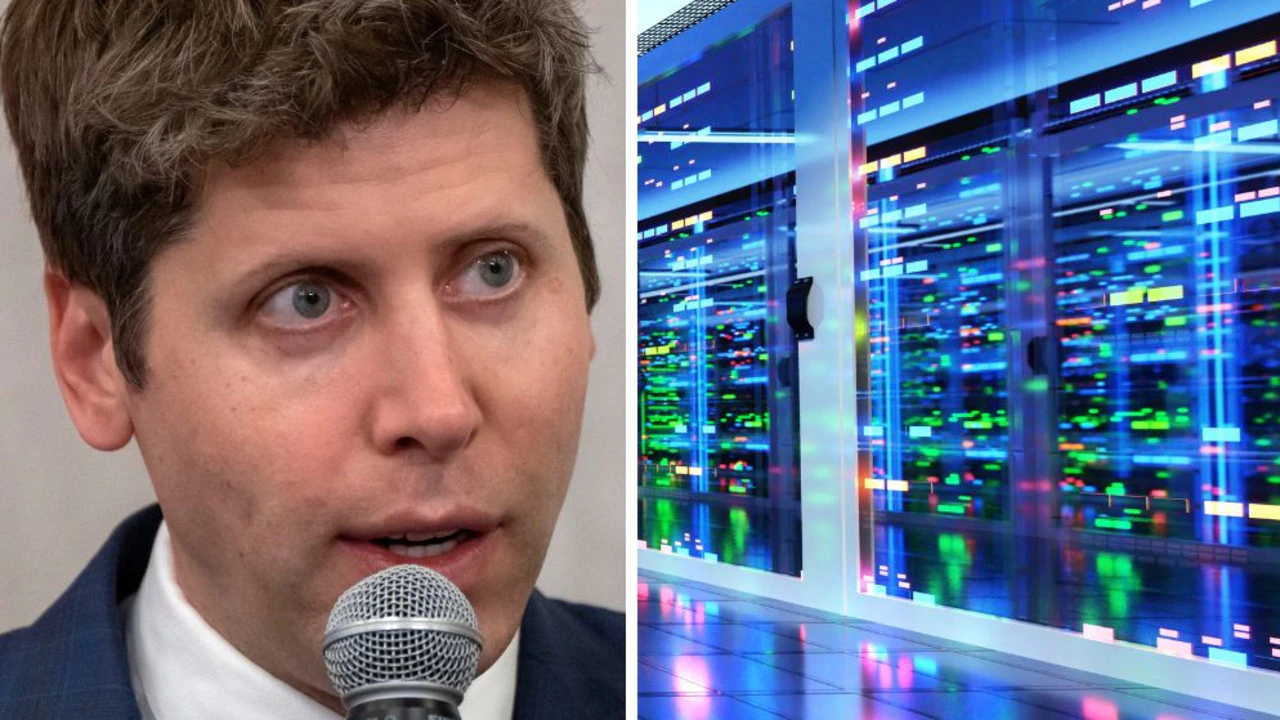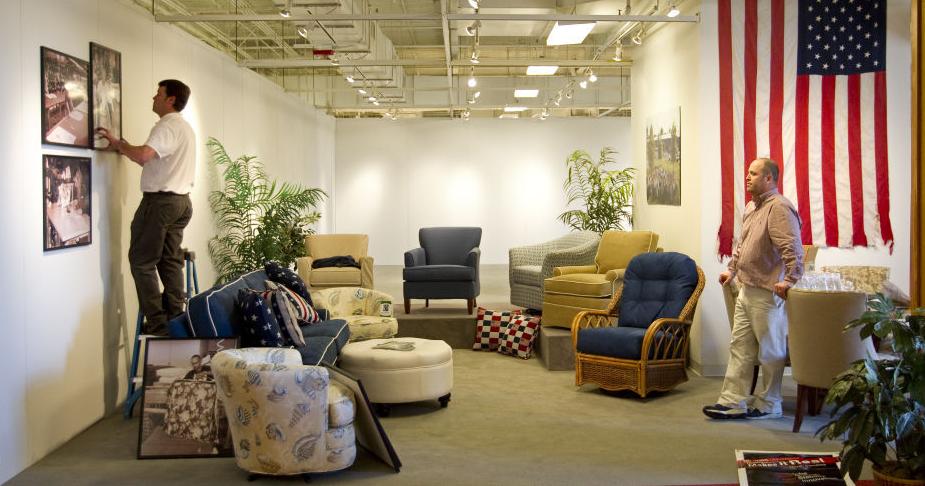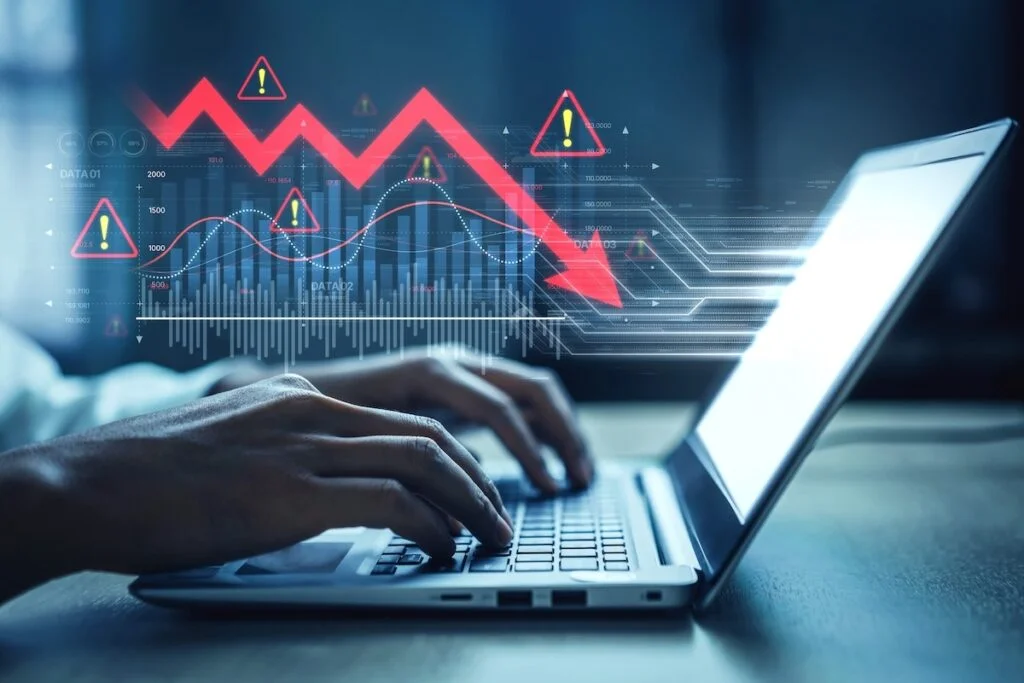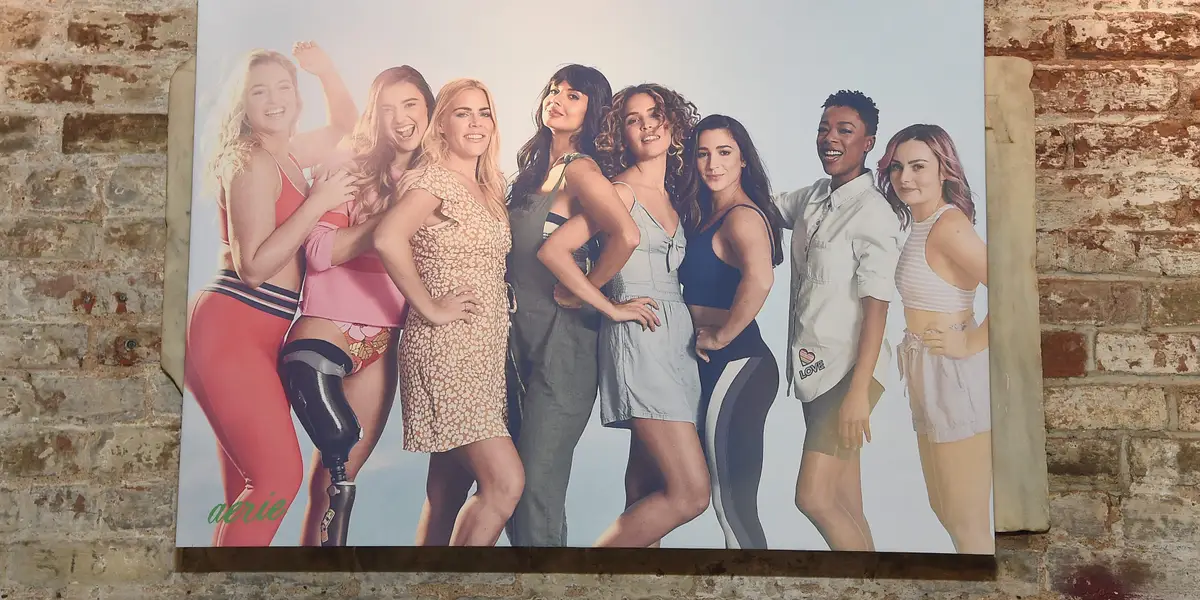Copyright news

It’s always amusing when the boss of a half-trillion-dollar AI company lets their true colours slip through the cracks. Recent comments from OpenAI CEO Sam Altman have revealed that a poorly-fitting mask can’t stay on forever. Evidently, it’s quite hard to pretend to be virtuous as you gear up to cash-in on what is predicted to be the biggest crash the global labour market’s ever experienced. He’s spent quite some time attempting to come across as a shy and cautious tech executive who would never take for granted the fact that his company could contribute to widespread economic turmoil. He’s already slipped a few times, being criticised for driving a $5m Koenigsegg around the same time he declared he doesn’t “get why people care so much about money”. Try selling that idea to the millions of young families unsure of whether their jobs will exist in five, let alone ten years. In the early days of ChatGPT, Altman admitted “it’s very difficult to predict all of this in advance,” but still steamrolled ahead despite numerous warnings from veteran computer science gurus, who have since fled to the hills in disbelief at the new trajectory adopted by their field. As former Google computer scientist Geoffrey Hinton suggests, if the builders of this technology were truly aware of the risks, they would have hit the brakes many, many years ago. AI’s influence on the job market is already picking up, with new figures from QILT showing Australia’s university graduates have lost five per cent of their employment opportunities since late 2022, around the same time Altman launched ChatGPT to the public. We’ve mentioned this before, but it appears guys like Altman have put all their eggs in the “make money now” basket without much concern for the future of the planet. MORE: 6 essential workplace skills in the age of AI The doomsayers (a whopping 25 per cent of Australians) say that AI will bring about the destruction of the human race. Or, at very least, the most definitive “us versus them” class divide seen since the fat kings of feudalism. Right now, it’s already causing an environmental splash as water scarcity in certain regions outstrips skyrocketing electricity demands. The optimists attempt to calm the negative storm and sell the idea of rapid AI advancement on the fact that it will help save lives in the medical space, and generally improve our quality of life just like any other technological innovation. But no matter which way you slice it, no other advancement throughout history has had such a broad section of the workforce shaking in their boots. From admin staff and graphic designers, to finance executives and elite-level coders, millions feel as if they’re staring at an unavoidable iceberg on the horizon. And as they all stare, Altman is telling those people their jobs probably can’t be viewed as “real work” if they can be replaced by his tech. You couldn’t make it up if you tried. Speaking at OpenAI’s DevDay conference earlier this month, Altman declared that a huge chunk of today’s economy would barely register as legitimate labour to a farmer from half a century ago. And he’s right. An ageing cattle drover living in 1950 would probably have his head explode if you tried to explain the idea of cryptocurrency, streamers, digital marketing, and eCommerce. “They very likely would look at what you do and I do and say, ‘that’s not real work,’” Altman said. He justified his stance with the fact that farming “keeps people alive”. By contrast, Altman says many white-collar roles could be seen as “playing a game to fill your time.” He bundles himself into the comparison, admitting even his own job could be viewed as “not real work”. It’s a neat little analogy, until you remember that Altman built his career and fortune off the very sort of “not real work” he’s now haphazardly diminishing. He tries to soften the blow by suggesting that the unknown “jobs of the future” will seem even less tangible than the ones we have today, claiming “work” will still exist in some shape or another because humans have a natural drive towards doing something meaningful. It appears to be quite easy to swallow that narrative when you’re already sitting behind the wheel of a supercar with a 2.3 billion net worth. Unlike today’s graduates, Altman was lucky enough to come of age in the beginning of the internet era, where a spread of new “non-real” jobs gave him a ladder to the top. He cashed in on the system and now sits as one of the major players of the AI boom. How convenient that the man flippantly heralding the robot takeover is also building and selling them at record pace. Laughing that your job might be more efficiently served by a computer is quite easy when you know you’re going to be worth a small country’s GDP when the dust settles. I’m just guessing, but maybe the millions of people who have just locked in a 30-year mortgage might feel a bit pissed off at Mr AI telling them their life’s work will “naturally” be replaced by technology he helped usher in. AI only grew because of ‘real work’ It’s probably a good time to add that current AI is purely generative, meaning it pools together existing human examples uploaded on the internet by real people doing “real work”. The crucial difference is the speed at which the final product is pumped out. We’re talking everything from research papers, statistics, policy analysis, digital art, music, books, and creative writing — the lot. AI is able to give you a lightning-fast amalgamation of what has come before and can immediately blend multiple ideas together, but it is always borrowing from a human’s work. At least in the beginning stages. Whether we like it or not, AI content is slowly engulfing the internet, meaning the once-fringe “dead internet theory” is picking up speed. The “conspiracy” claims that, soon enough, nothing you view online will have been made by a human. A study by AWS conducted over a year ago confirmed those preliminary fears, estimating that an eye-watering 57 per cent of text on the internet is AI-generated. The jury is still out on exactly how many AI run “bot” accounts populate social media platforms. The problem becomes immediately apparent: if AI learns from the internet, and most of the internet is AI, and AI has also been proven to “hallucinate” and make things up … well you can finish that sentence yourself. Unfortunately, the worldview of some tech CEOs is that if the general population can’t tell the difference between an AI-generated response and a human’s, then the human is automatically deemed redundant purely because it took longer to produce it. If they can’t see what’s wrong with that, even as their net worth hits the moon, then I’m worried nothing can help them. So who is actually doing ‘real work?’ While the most mercenary of company owners might salivate at the prospect of thinning out their workforce once they get their mitts on a more advanced AI model, the truth is they’ve probably already got a good deal going. Multiple studies conducted throughout the years have shown that technology has unquestionably lifted productivity per worker over the long run. In short, workers are increasingly able to get more done for their employer per hour despite wages staying around the same over time, adjusted to inflation, of course. For example, if a company in the 1980s wanted quarterly sales reports or market analysis, a team of analysts or clerks would need to be employed to pull figures from paper ledgers, faxes, or green-screen terminals. Others would manually enter the data into spreadsheets or even onto paper printouts. One or two staff would crosscheck for errors and reconcile numbers, and perhaps even need to make phone calls to verify disputed results. Someone senior would collate it all into a typed or printed report for management. It could take several weeks and a small team of four or five people to complete the cycle reliably. In 2025, a single junior data analyst with the right know-how can get all this done themselves in a fraction of the time. In the US and much of the OECD, the late 1990s and early 2000s saw a surge as computers and the internet transformed business processes. Companies have increasingly captured more of those productivity benefits than their staff. Across many advanced economies, labour productivity has outpaced median pay growth since the 1980s computer boom, with a shrinking share of national income going to wages. So you can probably forgive the average worker for being a bit angry at the current paradigm. After weathering a hefty period of post-Covid inflation and a seemingly never-ending housing crunch, millions of taxpayers now have to hear billionaires gloat that they’ll probably lose their hard-earned careers in the near future. But according to Altman and his band of accelerationists, it’s just “adding value for society”. Thoughts? alexander.blair@news.com.au



